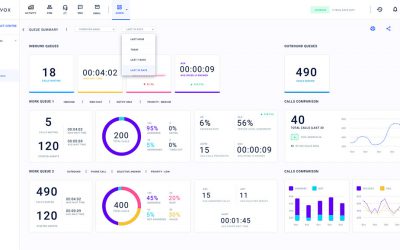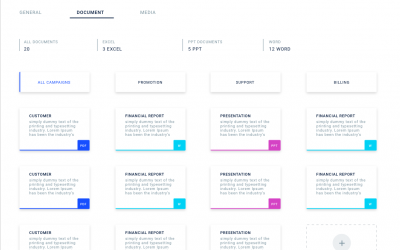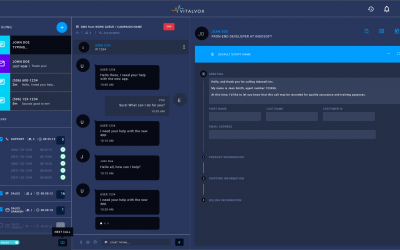Effective call center agent training is the foundation of outstanding customer service. Well-trained agents not only resolve issues efficiently but also enhance customer satisfaction and brand loyalty. Moreover, by implementing the right training strategies, call centers can improve performance, reduce turnover, and maintain a competitive edge.
In this blog, we’ll explore the best practices for call center agent training to ensure top-tier performance and long-term success.
1. Develop a Comprehensive Onboarding Program
A strong onboarding program sets new hires up for success. Instead of overwhelming agents with excessive information, introduce training in phases. First, start with company values, policies, and call center goals. Then, move on to customer service techniques and software training.
Key elements of a successful onboarding program:
- Interactive learning modules for better engagement
- Hands-on practice with call scripts and software tools
- Mentorship programs pairing new agents with experienced team members
- Regular assessments to track progress and understanding
By structuring onboarding effectively, new agents gain confidence and adapt quickly to their roles. As a result, they become more productive in less time.
2. Provide Continuous Skill Development
Training shouldn’t stop after onboarding. Instead, ongoing education helps agents refine their skills and stay updated on industry trends.
Ways to promote continuous learning:
- Weekly training sessions focusing on customer interaction techniques
- Role-playing exercises to handle different customer scenarios
- Feedback sessions with supervisors for personalized improvement
- E-learning courses for flexible, self-paced learning
Since customer expectations evolve, continuous training ensures that agents remain equipped to meet them.
3. Use Real-Life Call Scenarios
Theoretical knowledge is essential, but practical experience is even more crucial for mastering customer interactions. Simulating real-life call scenarios allows agents to practice problem-solving, active listening, and conflict resolution.
How to implement scenario-based training:
- Record actual customer calls for analysis and discussion
- Conduct live call simulations with constructive feedback
- Use AI-driven training tools for interactive learning
When agents experience realistic challenges in training, they become better prepared to handle live customer interactions confidently. Consequently, this reduces stress and improves customer satisfaction.
4. Teach Effective Communication Techniques
Clear and empathetic communication is a key factor in customer satisfaction. Therefore, agents must learn how to listen actively, ask the right questions, and maintain a professional yet friendly tone.
Essential communication skills for agents:
- Active listening to understand customer needs
- Positive language to keep interactions friendly and productive
- Clarity in speech to prevent misunderstandings
- Adaptability to handle different customer personalities
By mastering these skills, agents can ensure a seamless customer experience and build stronger relationships.
5. Incorporate Call Center Technology Training
Modern call centers rely on various software tools for call routing, customer relationship management (CRM), and analytics. Therefore, training agents on these technologies ensures they can navigate systems efficiently.
Important areas of technology training:
- Using CRM systems to access and update customer information
- Navigating call scripts and automated workflows
- Understanding call recording and analytics tools
- Learning AI-powered chatbots and self-service options
With the right training, agents can leverage technology to streamline processes and resolve customer issues faster.
6. Monitor Performance and Provide Constructive Feedback
Regular performance monitoring helps identify areas for improvement while also recognizing top performers. Moreover, feedback should be constructive, specific, and focused on growth.
Best practices for performance evaluation:
- Reviewing call recordings to assess tone and issue resolution skills
- Conducting one-on-one coaching sessions for targeted improvement
- Setting clear KPIs (Key Performance Indicators) and tracking progress
- Encouraging self-assessment to help agents reflect on their performance
When agents receive regular feedback, they can make necessary adjustments and continuously enhance their skills.
7. Prioritize Employee Well-Being and Engagement
Call center work can be demanding, leading to burnout if not managed properly. Thus, providing a positive work environment and support system enhances employee satisfaction and retention.
Ways to support agent well-being:
- Implementing stress management programs
- Encouraging work-life balance through flexible scheduling
- Offering recognition and rewards for exceptional performance
- Creating a supportive team culture with open communication
By fostering a healthy work environment, call centers can maintain high morale and reduce turnover rates.
Conclusion: Call Center Agent Training
Investing in call center agent training is essential for delivering exceptional customer service and maintaining high performance. By implementing structured onboarding, continuous learning, scenario-based training, and technology education, call centers can build a team of skilled and motivated agents. Additionally, fostering a supportive and engaging work environment ensures long-term success.
Contact Us
Looking to enhance your call center training program? Our experts can help you implement best practices that drive performance and customer satisfaction. Contact us today to learn more!



